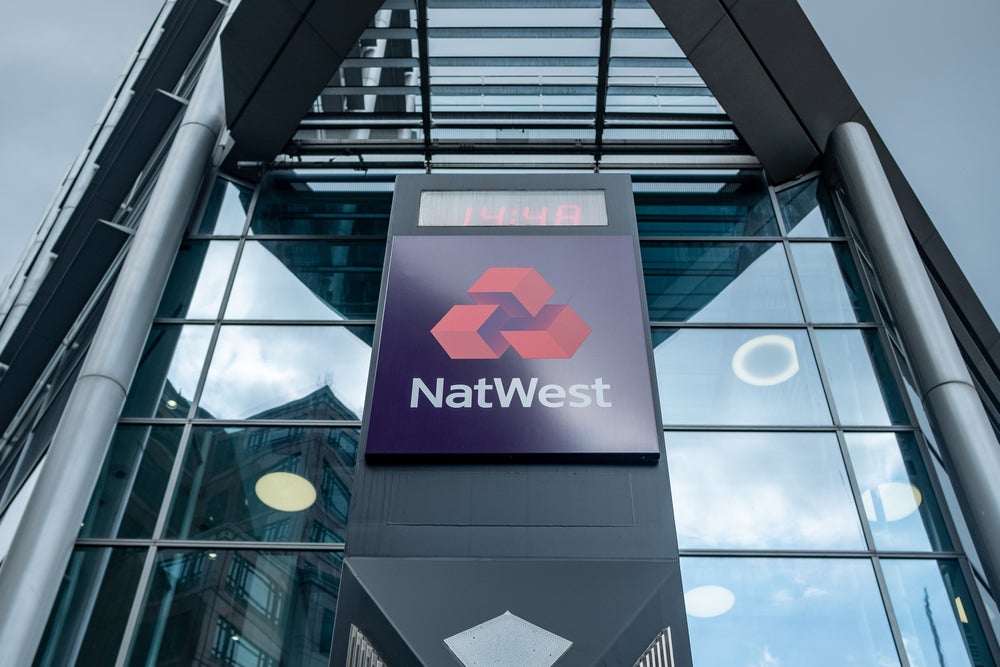
US policy makers are grappling with a paradox that has Black- and other minority-owned businesses facing the biggest hurdles in securing covid-related assistance, despite being the hardest hit by the crisis.
Members of communities that are underserved by traditional banks are often finding it impossible to get access to a small-business coronavirus loan-relief program, even as they continue to be devastated by the pandemic.
Covid-19 has worsened the many challenges facing resource-strapped, minority-owned small businesses, which continue to be shut out of many of the formal sources of financing, in spite of longstanding anti-discrimination laws.
Minority-owned firms are much less likely to be approved for small business loans than white-owned firms. If they do get approved, minority-owned firms are more likely to receive lower amounts and higher interest rates.
According to findings from the U.S. Department of Commerce Minority Business Development Agency, most minority-owned businesses don’t bother to apply for small business loans, because they don’t expect to get them.
Not getting to the “root cause” of the problem
How well do you really know your competitors?
Access the most comprehensive Company Profiles on the market, powered by GlobalData. Save hours of research. Gain competitive edge.

Thank you!
Your download email will arrive shortly
Not ready to buy yet? Download a free sample
We are confident about the unique quality of our Company Profiles. However, we want you to make the most beneficial decision for your business, so we offer a free sample that you can download by submitting the below form
By GlobalDataWhen the Small Business Administration (SBA) released the application form for the forgivable loan program, there was no instruction for lenders to collect optional demographic information.
To many business owners of colour, this lack of “ethnic transparency” conceals the root cause of the problem.
Without demographic data, “it is extremely difficult to try to have a real conversation about what’s really going on,” said Ron Busby, chief executive at U.S. Black Chambers Inc., an advocacy group and network of African-American chambers of commerce.
Communities of colour have been particularly hard-hit by the coronavirus pandemic, underscoring their need for federal aid, some advocates say.
African-Americans, for instance, have accounted for a disproportionate number of deaths from Covid-19, the illness caused by the new coronavirus. The U.S. unemployment shock unleashed by the pandemic has been especially acute for Black and Hispanic women.
Government response
Trump administration officials have denied accusations that they are indifferent to the plight of minority businesses, pointing to participation from smaller lenders and Community Development Financial Institutions, or CDFIs.
CDFIs focus specifically on low-income and other underserved communities. There were 305 such lenders issuing PPP loans as of May 23, according to the SBA, and they had been authorized to issue more than $7 billion of the program’s $511 billion in approved loans.
The Payroll Protection Programme (PPP) loans are designed to provide a direct incentive for small businesses to keep their workers on the payroll. The SBA will forgive the loans if all employees are kept on the payroll for 8 weeks and the money is used for payroll, rent, mortgage interest, or utilities.
The SBA and Treasury Department also recently said that an additional $6.8bn of the programme’s second round of funds would be earmarked for loans through CDFIs, a move that received bipartisan support.
Senator Marco Rubio (R-FL), sponsor of a previous legislation to support women- and minority-owned small businesses, said:
The set-aside funds “will help ensure underserved small businesses have access to critical funds as our economy begins to reopen, recover and rebuild.”







